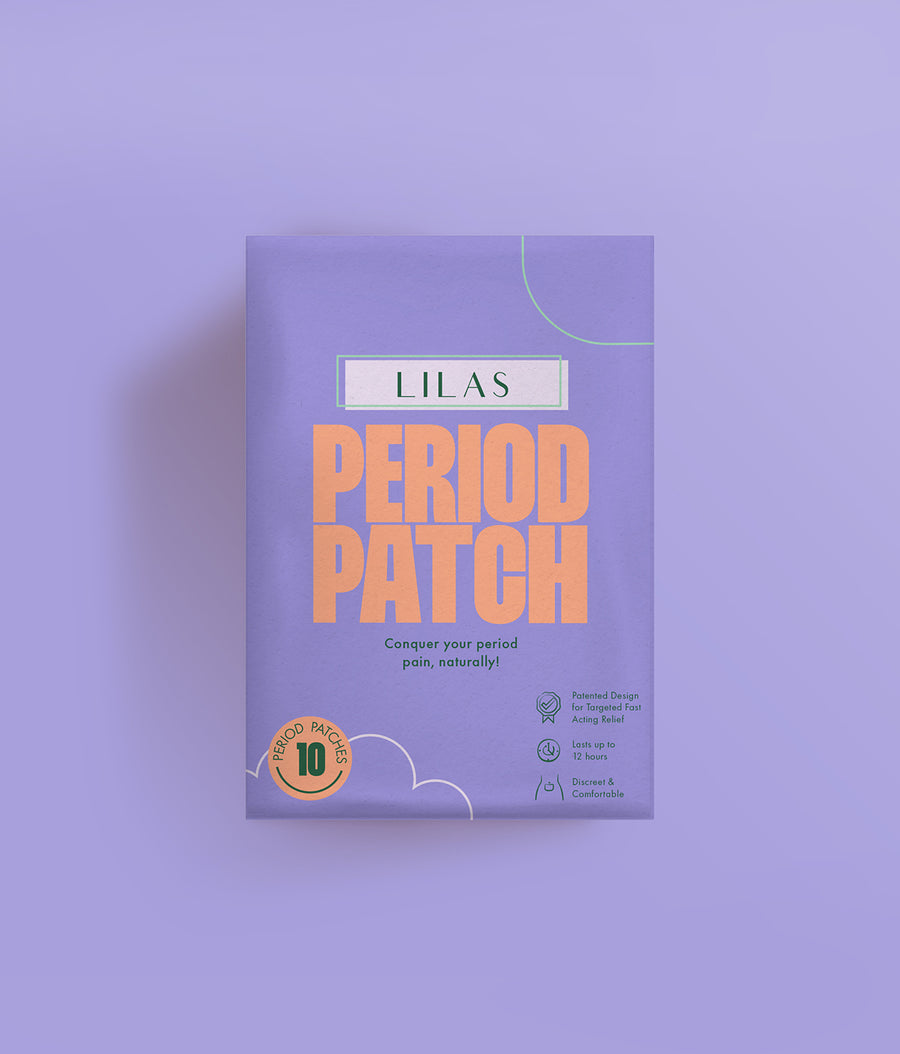Black Health Matters: The Abusive Origins of American Gynecology
In order to pursue wellness in community, we need to acknowledge the entrenched disparities that inhibit equity in our society. We need to know that systemic racism is a pervasive force of division. There are protests across the world today demanding change and justice in direct response to perpetual incidents of police brutality against Black people, the most recent of which are the murders of George Floyd, Ahmaud Arbery, and Breonna Taylor. We must stand in solidarity and move to action in upholding a basic truth: Black Lives Matter. Unfortunately, police brutality is merely the tip of the iceberg of systemic racism, made more obvious by overt violence. In medicine and healthcare in particular, systemic racism manifests itself in more insidious ways, often through the abuse of ethnic minorities in the name of progress. Though many of us may be aware of current health disparities, society at-large often fails to interrogate past events that helped generate this inequity. One of the most salient examples of this is the so-called “father of modern gynecology” J. Marion Sims’ experimental exploitation of enslaved Black women.
Though J. Marion Sims is accredited as the inventor of the vaginal speculum, the first to repair a vesico-vaginal fistulae, and the namesake of Sims’ position for vaginal exams, his initial success was achieved at the expense of enslaved Black women. His practice was rooted in the slave trade. Starting in Alabama in 1844, Sims essentially leased these women, including Lucy, Betsy, and Anarcha for gynecological experimentation, assuring the masters that he’d return them as more “sound” (productive and reproductive) slaves. He conducted all of these surgical procedures without anesthesia or any regard for the women’s well-being. For example, after Lucy nearly died from blood poisoning contracted from a failed surgery, Sims allowed for Lucy to heal from the operation just to resume more experimentation. As another example, over the course of four years, Sims conducted 30 different surgeries on Anarcha alone to “perfect” his method for repairing vaginal fistula. All the while, he maintained that the women asked for the surgeries and endured them stoically, feeling no pain. Of course, Sims utilized all of this brutally acquired knowledge when he moved to New York and offered these refined procedures to white women with anesthesia.
I have to confess that reading about J. Marion Sims and his gynecological experiments made me sick to my stomach with rage. I winced at the depictions of what Anarcha, Lucy, Betsy, and others endured for the sake of “science” and “treatment.” I rolled my eyes in exasperation at the medical experts that defended Sims’ legacy in the following decades, many of them insisting he was only racist as a “product of his era.” Frankly, minimizing the humanity of others is never excusable. Period. To add insult to injury, a statue of J. Marion Sims stood in Central Park from when it was first erected in 1894 to when it was finally removed on April 14, 2018 to be relocated in Brooklyn, albeit with a more honest plaque. Furthermore, his twisted notion that Black people cannot feel pain, though surprisingly still prevalent, demonstrates systemic racism’s firm grip on multiple aspects of society. His maintained ideology helped establish the foundations of the race-based disparities in women’s health that still exist today. Though Sims’ discoveries should be recognized as contributing to scientific advancement, he should by no means be commemorated honorably or lauded as a great physician ever again.
As painful as it can be sometimes, we need to confront our past. History contains so many lessons. Seeing its blatant ugliness will help us be more aware of its repercussions in the present. Bearing it in mind will inspire us to intentionally and effectively shape our future for the better. And as a necessary extension of knowing that Black Lives Matter, we understand that Black Health Matters, too. We also must always remember that true wellness, despite divisive lies throughout history, is only attainable through communal equity.
Resources to support the Black community:
- https://www.finimpact.com/
blacklivesmatter-support- black-owned-small-businesses/ - https://blacklivesmatters.carrd.co/
- https://bwhi.org/


Leave a comment